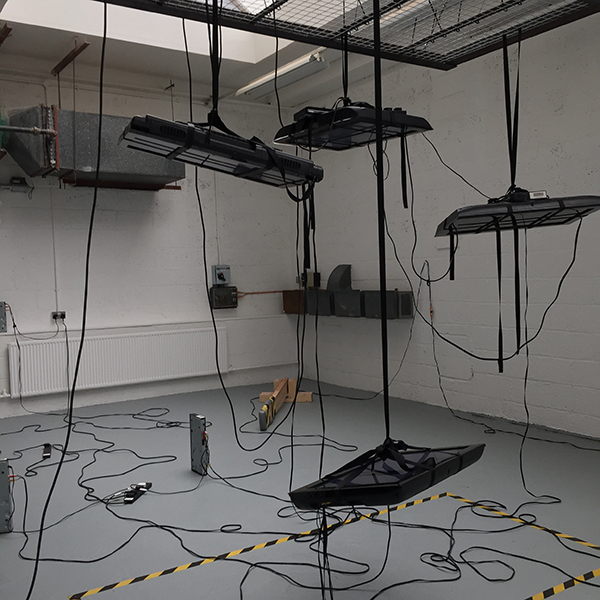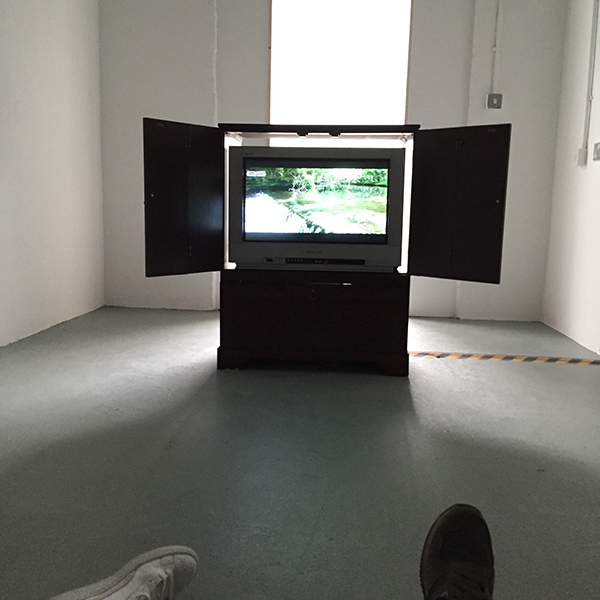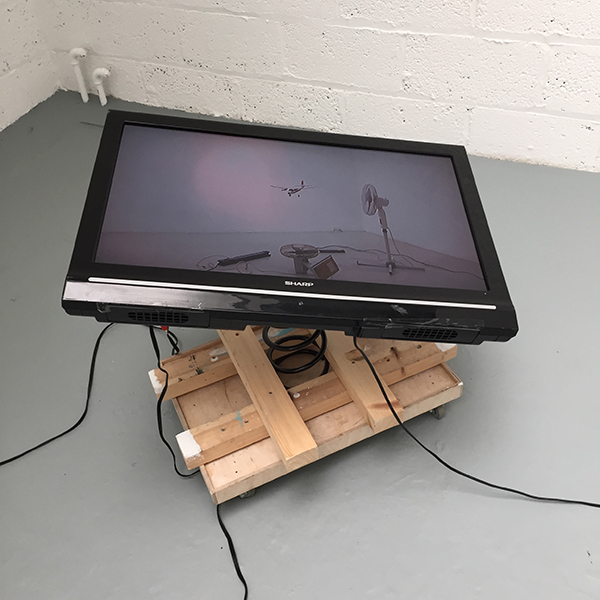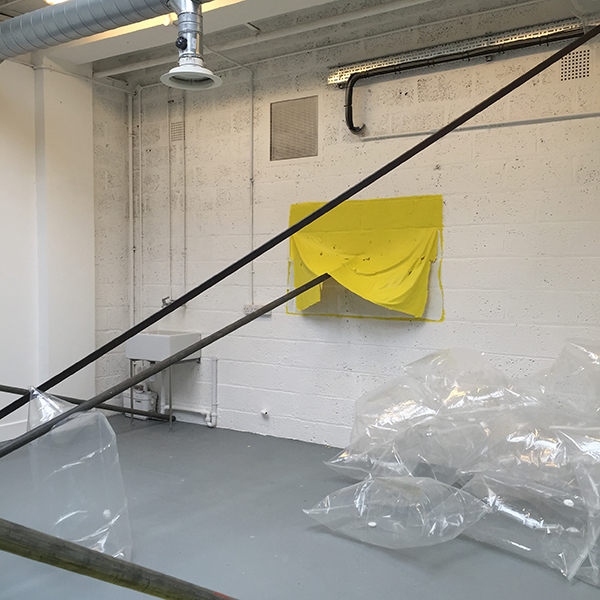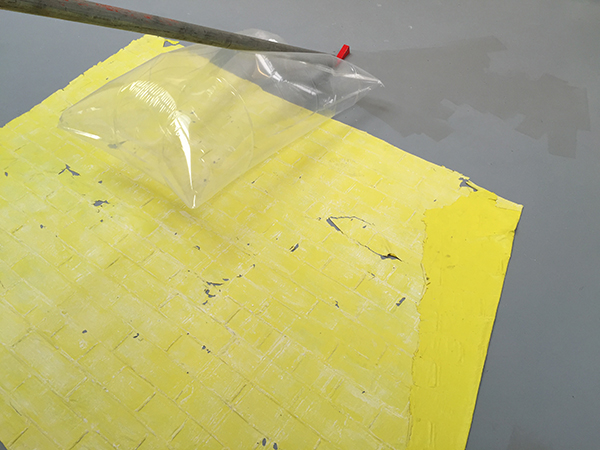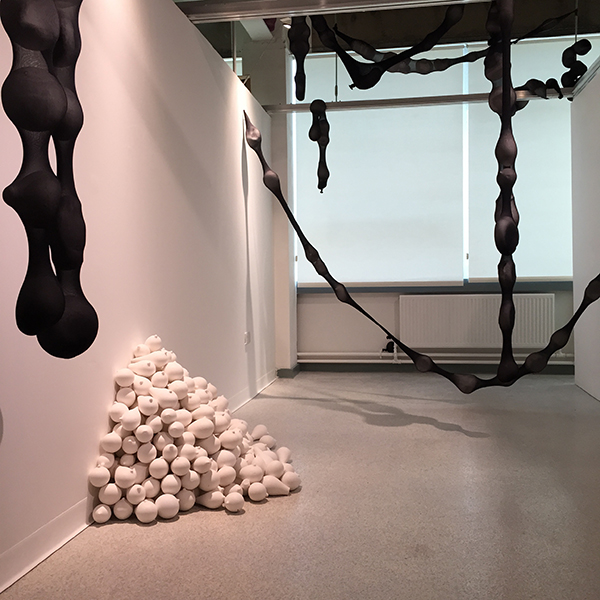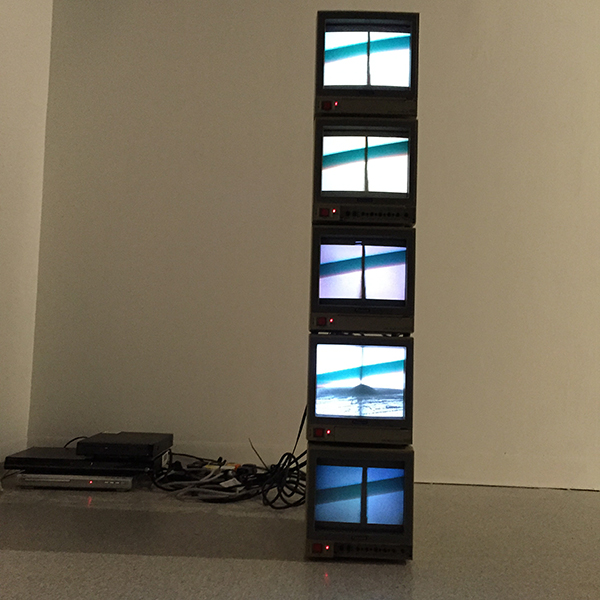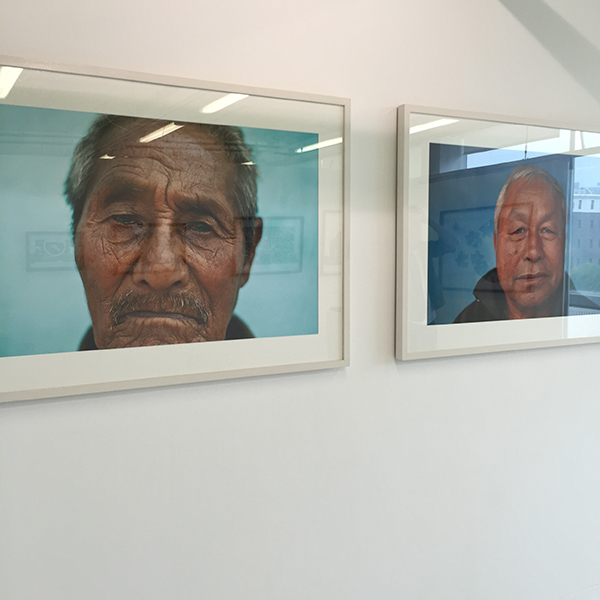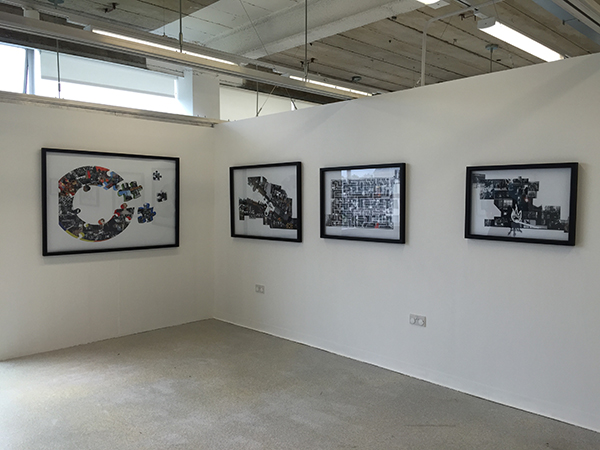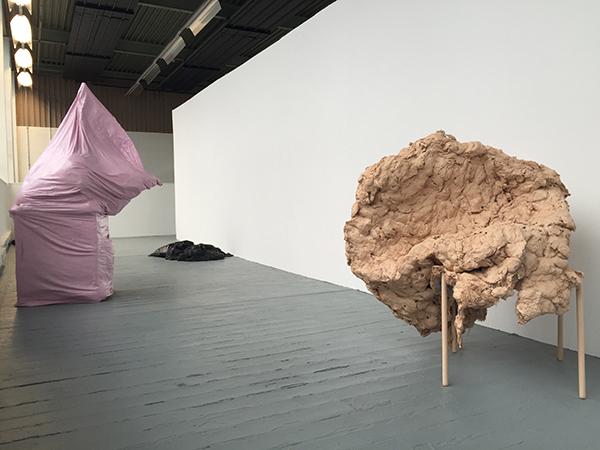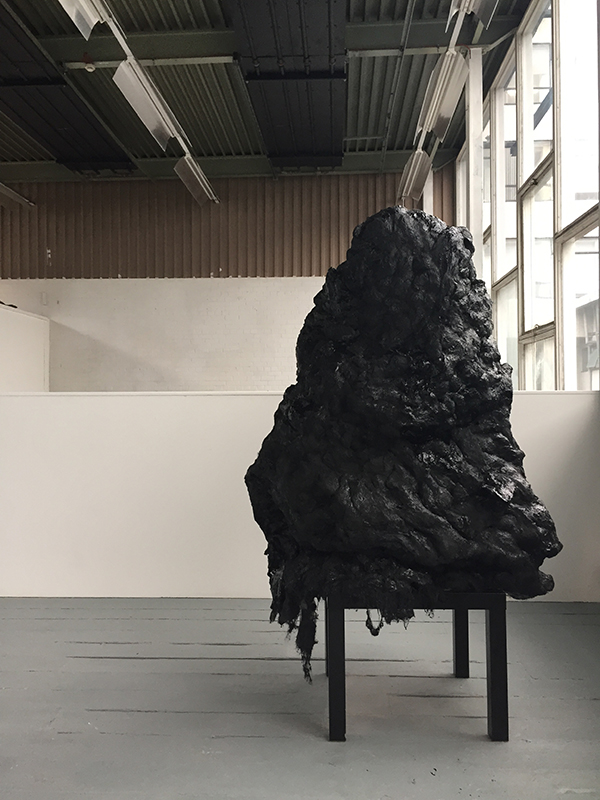-
Study
Study
Interested in studying at Northumbria? With 31,500 students, Northumbria is one of the largest universities in the country, offering courses on either a full-time, part-time or distance learning basis.
Discover more-
Undergraduate
- Undergraduate Study Degree
- Undergraduate Open Day & Events
- Application Guides
- Northumbria University UCAS Exhibitions
- Foundation Years
- Undergraduate Fees & Funding
- School & College Outreach
- Continuing Professional Development
-
Postgraduate
- Postgraduate Study Degree
- Postgraduate Research Degrees
- Postgraduate Open Days and Events
- Postgraduate Fees & Funding
- Flexible Learning
- Thinking about a Masters?
- Continuing Professional Development
- Change Direction
-
Student Life
- The Hub - Student Blog
- Accommodation
- Life in Newcastle
- Support for Students
- Careers
- Information for Parents
- Students' Union
- Northumbria Sport
-
-
International
International
Northumbria’s global footprint touches every continent across the world, through our global partnerships across 17 institutions in 10 countries, to our 277,000 strong alumni community and 150 recruitment partners – we prepare our students for the challenges of tomorrow. Discover more about how to join Northumbria’s global family or our partnerships.
Discover more-
Applying to Northumbria
- European Union
- Our London Campus
- Northumbria Pathway
- International Events
- Entry Requirements
- Agent Network
-
Northumbria Language Centre
- Faculty Requirements
- Acceptable English Requirements
- Pre-Sessional English and Study Skills
- Academic Language Skills Programmes (ALS)
-
International Fees, Funding & Scholarships
- International Undergraduate Fees
- International Undergraduate Funding
- International Masters Fees
- International Masters Funding
- International Postgraduate Research Fees
- International Postgraduate Research Funding
- International Money Matters
-
Life at Northumbria
- International student support
- The Hub - Student Blog
- Careers
-
International Mobility
- Current Northumbria Students
- Incoming Exchange Students
-
-
Business
Business
The world is changing faster than ever before. The future is there to be won by organisations who find ways to turn today's possibilities into tomorrows competitive edge. In a connected world, collaboration can be the key to success.
Discover more -
Research
Research
Northumbria is a research-rich, business-focused, professional university with a global reputation for academic quality. We conduct ground-breaking research that is responsive to the science & technology, health & well being, economic and social and arts & cultural needs for the communities
Discover more -
About Us
-
About Northumbria
- Our Strategy
- Our Staff
- Our Partners
- Student Profiles
- Alumni Profiles
- Leadership & Governance
- Academic Departments
- University Services
- History of Northumbria
- Contact us
- Online Shop
-
-
Alumni
Alumni
Northumbria University is renowned for the calibre of its business-ready graduates. Our alumni network has over 236,000 graduates based in 178 countries worldwide in a range of sectors, our alumni are making a real impact on the world.
Discover more - Work For Us
What will I learn on this module?
In this module you will continue to develop and begin to consolidate a self-motivated, critically positioned studio-based contemporary art practice.
Learning will be underpinned by the active consideration of how theoretical discourse in contemporary art feeds into practice, which will allow you to develop a deeper critical understanding of the relationship between form and content in your work.
You will continue to learn to independently identify and reflectively assess specific lines of enquiry and your evolving artistic position and learn how to effectively communicate this to academics and to your peer group. You will continue to learn to confidently present verbally and creatively a range of ideas and positions relevant to contemporary art practice through the module’s weekly seminar programme and its studio-based teaching.
You will learn how to develop a professional understanding of appropriate technical and conceptual strategies for the production and presentation of your artworks, and you will learn advanced level technical skills in our workshop areas.
This module enables you to learn through the work of your peers and position your evolving practice against contemporary frameworks and theoretical ideas in current art practice. Through the learning you will develop the intellectual and practical skills required to start to assess your own work and studio position allowing you to take increasing responsibility for the development of your visual enquiry.
All of your learning underpins your studio practice with a strong subject specific knowledge base and the range of strategies aims to engender your confidence in identifying and understanding new knowledge in relation to your practice.
271
How will I learn on this module?
You will learn through a range of teaching approaches that are either individual or peer focussed. The studio is the primary location for your work and learning and acts as a place for connecting processes of thinking, making and creative speculation. You will learn through individual tutorials, group critiques, a seminar programme, a lecture programme, independent study, technical workshops, and your own independent initiatives.
Tutorials are forty minutes and are individually focussed around your work; these are delivered by your studio tutor. Tutors have subject specialist knowledge in areas including painting, photography, sculpture, print, moving image, social practice, installation and sound. Your studio tutor will work with you across the semester providing a continuity of dialogue to support your studies. You will also have the opportunity to receive a tutorial with an academic staff member other than your studio tutor through an allocated tutorial system.
Peer learning happens through group critiques. With four to eight of your peers you will collectively present work in progress for open discussion for three to four hours. Group critiques link you to peer interests and encourage you to consider and explore the intellectual, technical and creative research mechanisms underlying your approaches to production and alert you to audience and spectatorship. Further peer learning happens through the seminar programme, where you learn to develop - in a small group of ten to fifteen - advanced subject knowledge.
Independent use of the studio for the testing and production of artworks is a crucial part of your learning. Central to all your learning is how you process and reflect on your production and experiences through teaching. This happens through on-going formative feedback provided to you verbally during individual tutorials, group critiques and seminars.
You will have the opportunity to present a thematic group exhibition with your peer group, which is linked to the seminar programme. This will include exploring aspects of public exhibition making including exhibition statements, press releases and exhibition leaflets.
How will I be supported academically on this module?
You are supported with the provision of a studio space, and access to specialist technical facilities, materials and resource areas.. Technical facilities include the wood, construction and casting workshops, the print studio (including screen-printing, etching, lithography), the mac lab and digital print (including industry standard digital imaging, moving image and audio software), analogue darkrooms (black and white and colour processing and print) and digital photographic studios. You have access to specialist materials in all workshop areas. Resource areas include our technical resource centre, University Gallery and, project spaces. You have twenty-four-hour access to the University Library.
Your learning will be supported by subject specialist academics and by expert technicians. Academic support is provided by four individual tutorials, two group critiques, seminar and lecture programme, and weekly technical workshops that you elect into. Your learning is clearly mapped out to you on the module page on BLACKBOARD (the University online Learning portal). This includes your assessment brief, guidance notes and key dates for the semester to help you organise and plan your time. Other teaching materials, notices and guidance are made available to you through BLACKBOARD. This is accessible to you on campus or externally through the Internet. You will have a University email that we contact you through. All timetabling is through the online University Timetabling system. REPS represent you in weekly meetings with the Programme Leader..
To support you we provide you with on-going formative feedback through the teaching you receive. In addition, a Self-evaluation Review is conducted mid-way through the semester which will give you the opportunity to reflect on your own learning experience and receive written feedback from your Studio Tutor.
What will I be expected to read on this module?
All modules at Northumbria include a range of reading materials that students are expected to engage with. The reading list for this module can be found at: http://readinglists.northumbria.ac.uk
(Reading List service online guide for academic staff this containing contact details for the Reading List team – http://library.northumbria.ac.uk/readinglists)
What will I be expected to achieve?
LEVEL 5
Knowledge & Understanding:
1. To produce a range of artworks that independently identifies your own position in relation to wider contemporary fine art practices.
2. Conduct research that critically assesses specific theories and lines of enquiry in relation to your studio practice.
Intellectual / Professional skills & abilities:
3. Evidence a critical understanding of appropriate technical and conceptual strategies for the production and presentation of works.
4.Present a critical précis and reading list that is correctly referenced and reflects an understanding of applied research and methods of practice in line with personal themes.
Independently manage their studio and creative research time to participate in the development of a self-established critical practice.
Personal Values Attributes (Global / Cultural awareness, Ethics, Curiosity) (PVA):
5.
How will I be assessed?
You will receive on-going verbal feedback (formative review) from academics through individual tutorials, group tutorials and seminars. This enables you to respond immediately and clarify with academics any points you are unsure of.
In addition a Self-evaluation Review is conducted mid-way through the semester which will give you the opportunity to reflect on your own learning experience and receive written feedback from your Studio Tutor on your progress to date
Summative Assessment
(MLO’s 1-6)
The Summative Assessment provides you with a year mark for your work and carries a 100% weighting. You will mount a presentation or exhibition of works evidencing that you have evolved your practical and intellectual skills through self-motivated practice, technical development, creative research, and in response to feedback from your Self-evaluation Review. Alongside your practical works and presentation you will submit all sketchbooks and notebooks, a creative written statement, and a file of personal creative research which includes material covered in the weekly seminars, self-initiated creative research, research from gallery visits, a personal reading list with a critical précis.
Following review and internal moderation from the academic team you receive verbal feedback. This provides you with a detailed evaluation of your work through the semester that is aimed at preparing you for study at Level 6. It provides you with the opportunity to reflect objectively on how decisions made through development, production and presentation are working and contributing to your practice. Alongside your Self-Evaluation Review, the feedback provides you with a comprehensive view of your development across of the semester. The Level 5 External Examiner reviews samples from the submission, and you have the opportunity to meet them in person to discuss your experiences of the module.
Summative Assessment Feedback
You will receive verbal feedback from your studio tutor in your studio, alongside your presentation, within seven days of the submission deadline. Feedback is individual and provided in the context of the assessment criteria given to you at the start of the academic year in the module guide. Written feedback is provided on BLACKBOARD within 20 days of the submission deadline.
Pre-requisite(s)
VA5004
Co-requisite(s)
N/A
Module abstract
N/A
Course info
UCAS Code W100
Credits 40
Level of Study Undergraduate
Mode of Study 3 years full-time or 4 years with a placement (sandwich)/study abroad
Department Arts
Location City Campus, Northumbria University
City Newcastle
All information is accurate at the time of sharing.
Full time Courses are primarily delivered via on-campus face to face learning but could include elements of online learning. Most courses run as planned and as promoted on our website and via our marketing materials, but if there are any substantial changes (as determined by the Competition and Markets Authority) to a course or there is the potential that course may be withdrawn, we will notify all affected applicants as soon as possible with advice and guidance regarding their options. It is also important to be aware that optional modules listed on course pages may be subject to change depending on uptake numbers each year.
Contact time is subject to increase or decrease in line with possible restrictions imposed by the government or the University in the interest of maintaining the health and safety and wellbeing of students, staff, and visitors if this is deemed necessary in future.
Your Learning Experience
Find out about our distinctive approach at
www.northumbria.ac.uk/exp
Admissions Terms and Conditions
northumbria.ac.uk/terms
Fees and Funding
northumbria.ac.uk/fees
Admissions Policy
northumbria.ac.uk/adpolicy
Admissions Complaints Policy
northumbria.ac.uk/complaints


